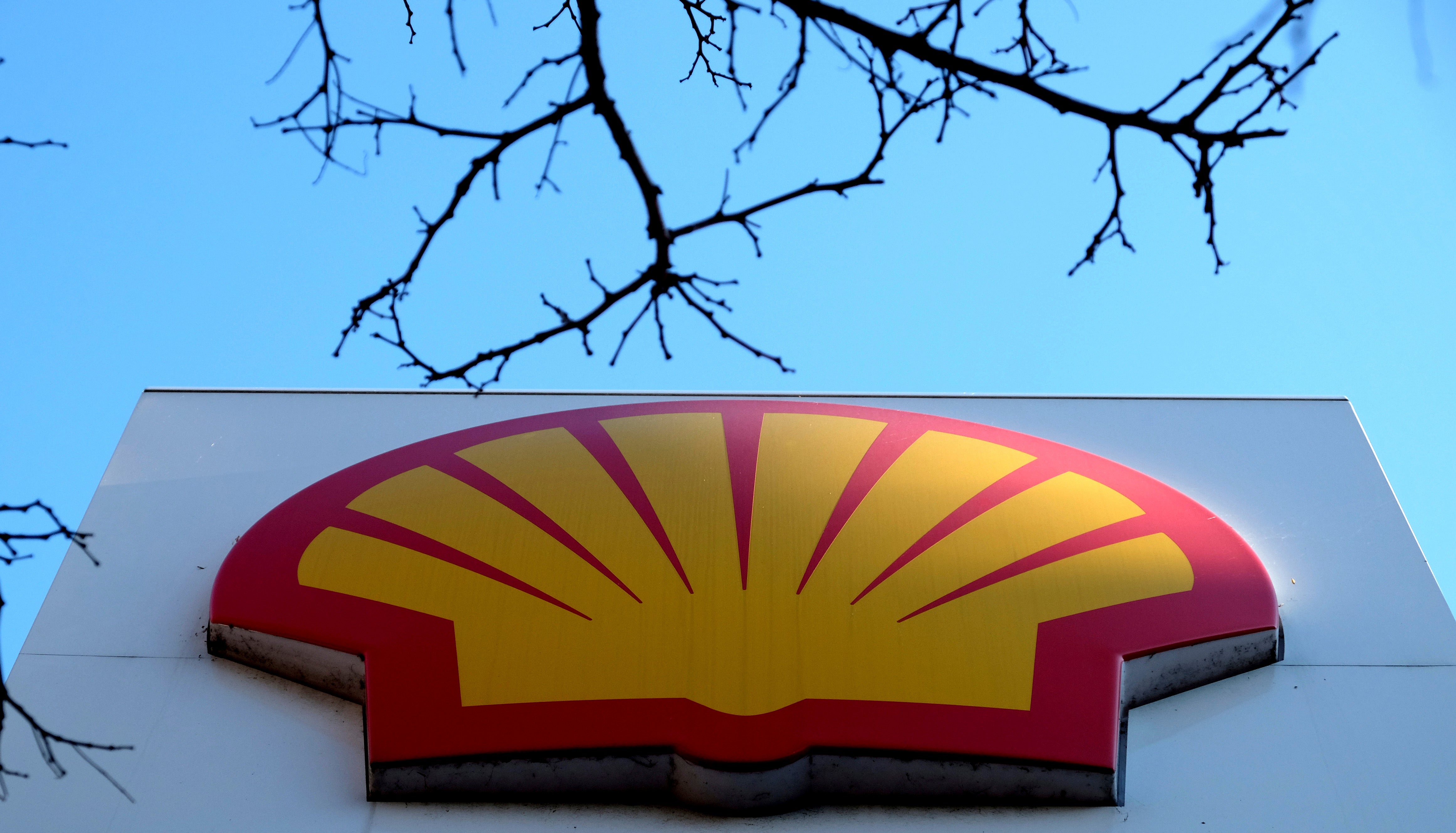Labour blasts ‘absurd’ tax regime after report shows oil giant Shell received £100m from UK
Call for companies to pay ‘fair share’ during cost of living crisis

Labour has accused the government of favouring oil and gas giants with a “uniquely generous” regime of tax and subsidies, after it emerged that Shell had received more than £100m from the UK taxpayer in 2021.
The payment was revealed in a Shell report, which showed that the company had paid out a total of £17bn in taxes and royalties to governments around the world last year. State subsidies outweighed charges in only a handful of countries, and the UK was by far the biggest payer, followed by India at £15m and Germany at £3m.
Labour said that poorly designed tax breaks had resulted in Shell and BP receiving £700m between them in government subsidies for oil and gas production since 2016.
Shadow climate change minister Kerry McCarthy said that the payments were coming at a time when Conservative leadership frontrunner Liz Truss is insisting that there can be no “handouts” for households struggling with rising energy prices. She called for energy companies to be made to pay their “fair share”.
“Since 2016, oil and gas giants have been paid huge amounts from the public purse under the uniquely generous tax regime the Tories have created for them,” said Ms McCarthy. “Even now, when oil and gas profits are soaring to record levels and people are struggling to pay their energy bills, the Tories have given them yet another tax break. It is time that they pay their fair share.”
Shell’s report shows that the company paid £3.7bn to the Norwegian state, £3.7bn to Nigeria, and £860m to the US in 2021.
Ms McCarthy said that the scale of subsidies provided by the UK to the oil giants highlighted the “absurdity” of the government’s refusal to backdate its temporary £5bn windfall tax, which came into effect in May.
BP chief executive Bernard Looney recently described current high prices as a “cash machine” for the producer.
A Treasury spokesperson said: “Our tax regime ensures the oil and gas industry pays billions in taxes every year, which in turn go towards paying for our vital public services. And we expect our newly introduced energy profits levy to raise an extra £5bn in its first year to help pay for our £37bn package to help families with rising costs.
“However, with Putin’s invasion of Ukraine pushing up energy prices globally, it is right we encourage North Sea investment – which will be crucial for the UK’s domestic energy supply and security for the foreseeable future.
“Like other countries, our system also provides relief where there are genuine costs to the industry, such as safely removing infrastructure from our natural environment.”
A spokesperson for Shell said: “The tax payments, which were set out in our voluntary Payments to Governments report, published this spring, relate to a tax relief framework that both Conservative and Labour governments have had in place to provide the oil and gas industry with long-term investment clarity.
“We have a responsibility to safely and efficiently decommission legacy assets, which requires significant expenditure. Under the tax framework, which dates back to 1975, companies holding a licence in the UK or on the UK continental shelf and decommissioning an asset can claim a tax deduction in their corporation tax return equal to the amount spent on decommissioning those assets.
“The North Sea is the cornerstone of the UK oil and gas industry and a major contributor to the public purse. Since 2002, Shell alone has paid over £7bn in tax to the UK exchequer from our UK oil and gas business, and we expect to contribute hundreds of millions of pounds in tax in the UK in 2022.
“And we remain committed to the UK. As announced earlier this year, we plan to invest between £20-25bn in the UK energy system over the next decade, more than 75 per cent of which is for low and zero carbon products and services.”
Join our commenting forum
Join thought-provoking conversations, follow other Independent readers and see their replies
Comments
Bookmark popover
Removed from bookmarks